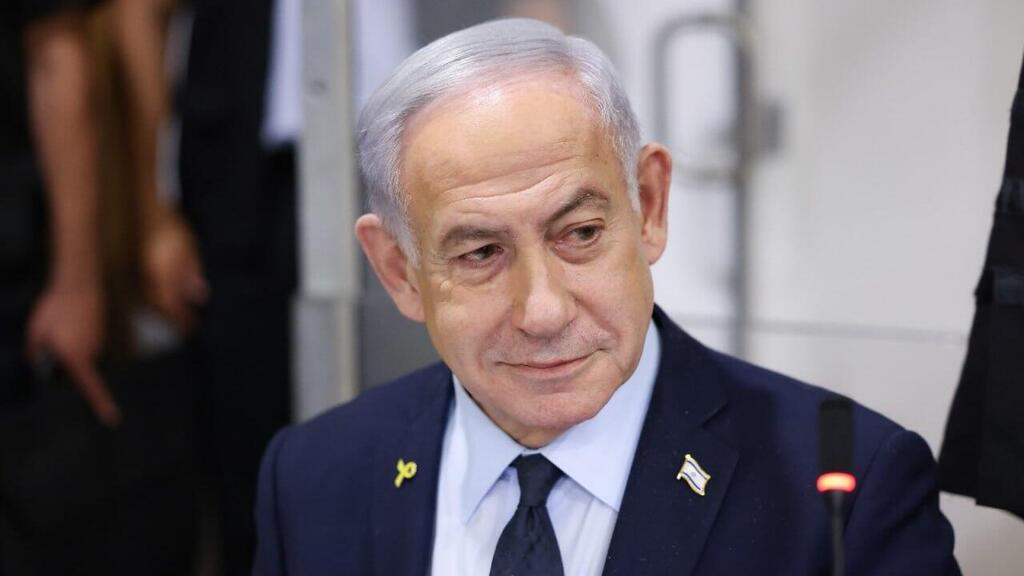Despite the grim optics, these developments may ultimately benefit Israel—but it's impossible to ignore the fact that, even under Trump, Israel is absent from the table, including in matters central to its interests.
Eleven years ago, when Barack Obama pursued a nuclear deal with Iran, he did it behind Israel’s back. Joe Biden, when halting arms shipments to Israel, at least hesitated to say so out loud. Today, Trump’s administration makes no effort to hide its impatience with Israel’s delays in Gaza or its failure to board the train to the “new Middle East” the president is forging—one with direct regional engagement, excluding Israel.
In the past, Israeli leaders managed to navigate U.S. diplomacy, even during friction. Netanyahu himself has often boasted of applying Jabotinsky’s pressure doctrine — to Biden, to Obama, even to Clinton. As opposition leader, he once criticized former prime minister Naftali Bennett for failing to tell Biden “no.”
But Netanyahu, too, now seems to grasp that something fundamental has shifted. In a recent Knesset Foreign Affairs and Defense Committee session, he admitted that Israel must begin weaning itself off American aid—a sober acknowledgment of the approaching end of the Obama-era arms agreement, likely the last for the foreseeable future, especially given the Trump administration’s independent course.
We’ve lost our leverage
In the past, when cracks appeared between Jerusalem and Washington, Israel could count on alternative channels—if not Congress, then the Senate; if not donors, then voters. At the very least, it had internal unity.
But today, under Trump, Israel bet on Biden’s defeat without understanding how the Republican Party—and Trump’s inner circle—have changed. Without noticing, we’ve inched closer to the day when Israel will no longer be able to say “no” to America, nor apply pressure from within it.
One day, a commission of inquiry may investigate what led to the war—but Israel must also ask what happened during the war, and how we lost the U.S. The horrific videos from October 7 remain seared into our hearts but American eyes now see only the rubble of Gaza.
 Akiva LamPhoto: Dennis Wilsefo
Akiva LamPhoto: Dennis WilsefoPresident Trump has proposed a complete overhaul of Gaza, including temporary voluntary emigration—yet even for that, Israel was unprepared. It played a game of Scrabble with Hamas and instead of destroying the terror group, it finds itself, once again, hoping for a ceasefire—some for the hostages, others for coalition calm.
And so, even in a war over its future, Israel edges closer to the day it can no longer say “no” to the United States.



